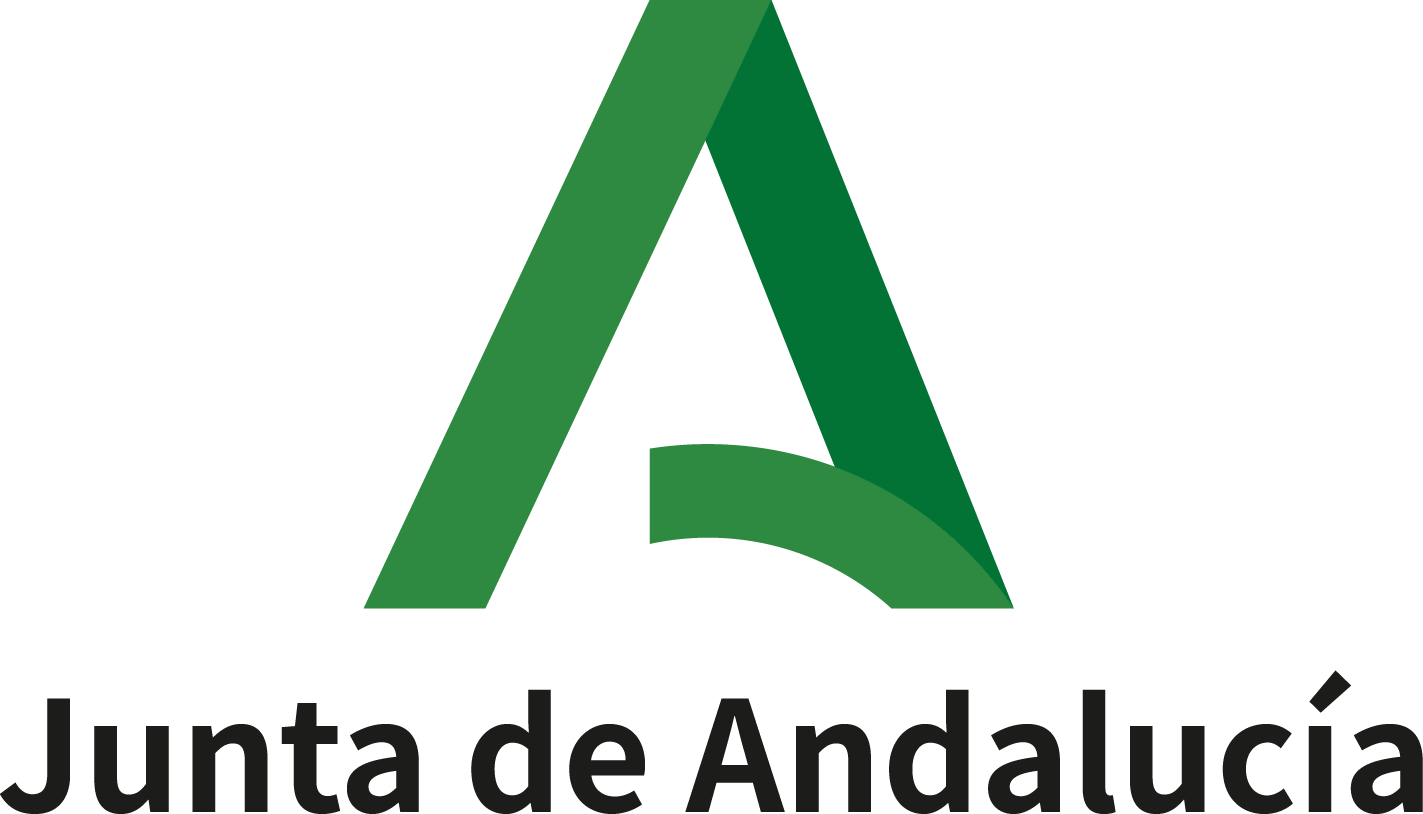Presentation
The project "Conflict in Spanish politics (1980-2018). The new scenario of Andalusia in comparative perspective", with key (P18-RT-5234), is sponsored by the Junta de Andalucía following a competitive call. It is carried out by a team of university professors studying the patterns of conflict and cooperation in the Andalusian parliament.
Although data from previous studies for Spain show that conflict is less frequent than cooperation between political rivals, the new scenario that has emerged in Andalusia with new groups present in Parliament leads us to wonder whether this cooperation leading to consensus is still frequent or whether, on the contrary, we are in a scenario of greater political conflict.
Empirical studies on the different rates of parliamentary consensus, its variability and its correlates are not abundant. The study of the case of Andalusia (and its comparison with other autonomous communities) will allow us to advance in our knowledge of the patterns of parliamentary consensus and conflict in different political scenarios, especially with regard to the motives and mechanisms by which parliamentarians build consensus with their rivals in order to push through the laws that are in their interest.
This study focuses on legislative output and votes on laws passed as a simple, clear, easily computable, and comparable indicator (not the only one) in different chambers and periods.
Objectives
The three general objectives pursued by this study are as follows:
- To find out the conflict (and consensus) rates in Andalusia for the period 2005-2021. Thanks to previous studies, information is available on the laws passed between 1980 and 2005.
- To analyze the correlates of consensus (and conflict) according to the battery of hypotheses that aim to test which factors best explain the variability of consensus (and conflict): types of majority, fragmentation, social composition of the Parliament, ideological polarization, type of government, nature of the law, etc. The Bapolau and Bapolcon databases are used for this purpose.
- To find out how the main actors explain the construction of consensus in the negotiation of votes on laws in scenarios where the "new" and the "old" politics and the new actors that are emerging in politics are confronted. To this end, a series of semi-structured interviews with Andalusian deputies will be carried out.
Methodology
This study follows a series of synergistic steps with other national and international projects from which it benefits.
- Construction of the database of autonomous laws (Badaley) containing information on the votes received by the law, year of approval, type of law, commission that manages it, type of initiative (project or proposition), etc.
- Contribution to the updating of the database of regional politicians (Bapolau) and Congress (Bapolcon) in order to know the social structure of the Andalusian Parliament in different legislatures. This step is vital to know one of the correlates of consensus.
- Semi-structured interviews to a reduced sample of Andalusian deputies in which gender, experience and party will be taken into account.
- Andalusia will be the region in which the pilot test of the third survey of Spanish parliamentarians will be carried out within the framework of the Comparative Candidates Survey. The first and second surveys were successfully completed thanks to the participation of Spanish parliamentarians from all the autonomous communities, the Congress of Deputies and the Senate.
Results
In this section we report on the preliminary results of the study on conflict and consensus in the Andalusian Parliament. Do you want to know which legislatures have been the most productive in terms of passing laws? Do you know whether the laws that are passed reach parliamentary consensus or show a certain degree of conflict?
This data is still provisional, have you found any errors? Please let us know by writing to proyecto.consenso@upo.es.



